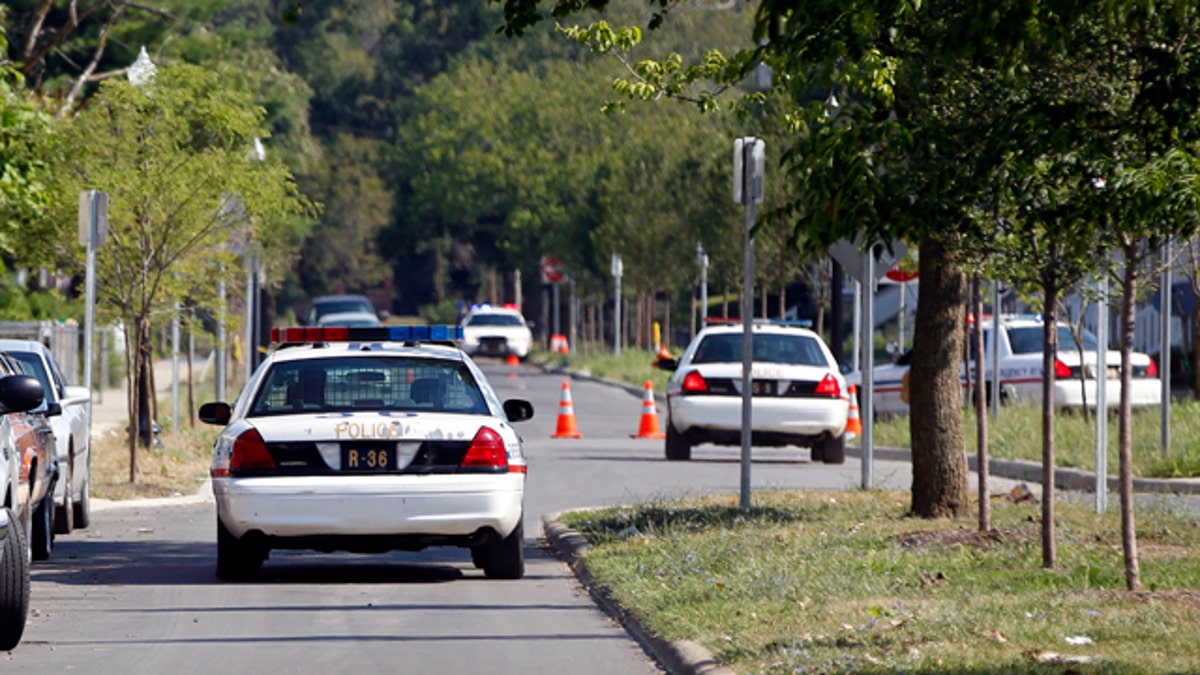
Columbus Police officers block streets on the city's north side after an early morning train derailment in Columbus, Ohio July 11, 2012. A Norfolk Southern freight train derailed and burst into flames in Columbus early on Wednesday, forcing nearby residents to evacuate, authorities said. The 98-car southbound train, with two locomotives, was carrying ethanol, and fire officials were letting the biofuel burn itself out, said Columbus Assistant Fire Chief Dave Whiting. REUTERS/Matt Sullivan (UNITED STATES - Tags: DISASTER TRANSPORT)
Health authorities scrambled on Monday to identify more cases of a rare form of meningitis, including enlisting local police to find people who might be infected by tainted steroid injections that have so far killed eight people.
The U.S. Centers for Disease Control reported 105 cases in nine states on Monday, up from 91 cases on Sunday. The death toll rose by one overnight.
The widening outbreak has alarmed federal and state health officials and focused attention on regulation of pharmaceutical compounding companies like the one that produced the drugs, the New England Compounding Center Inc in Framingham, Massachusetts.
In Ohio, health officials said Monday they are mobilizing community resources, including sheriff's offices, to check on patients who have received the injections.
"If that means knocking on doors, then that's what they will do," said Beth Bickford, executive director at the Association of Ohio Health Commissioners, in a statement Monday. The state has so far reported one case of fungal meningitis likely caused by a tainted epidural steroid injection.
The company shipped 17,676 vials of the steroid methylprednisolone acetate to 76 facilities in 23 states from July through September, the Massachusetts Health Department said.
The steroid is used as a painkiller, usually for the back, and could have been injected in thousands of patients, authorities have said.
Meningitis is an infection of the membranes covering the brain and spinal cord, and affected patients started showing a variety of symptoms from one to four weeks after their injections.
The company, which was previously the subject of complaints, has suspended its operations while an investigation proceeds and earlier recalled the three lots of the drug. It expanded its recall on Saturday to all products compounded and distributed at its Framingham facility.
A compounding pharmacy takes medications from pharmaceuticals manufacturers and makes them into specific dosages and strengths for use by doctors.
Complaints against the company in 2002 and 2003 about the processing of medication resulted in an agreement with government agencies in 2006 to correct deficiencies, the Massachusetts Health Department said.
A list of facilities that received vials from the infected lots can be found via the website www.cdc.gov.
